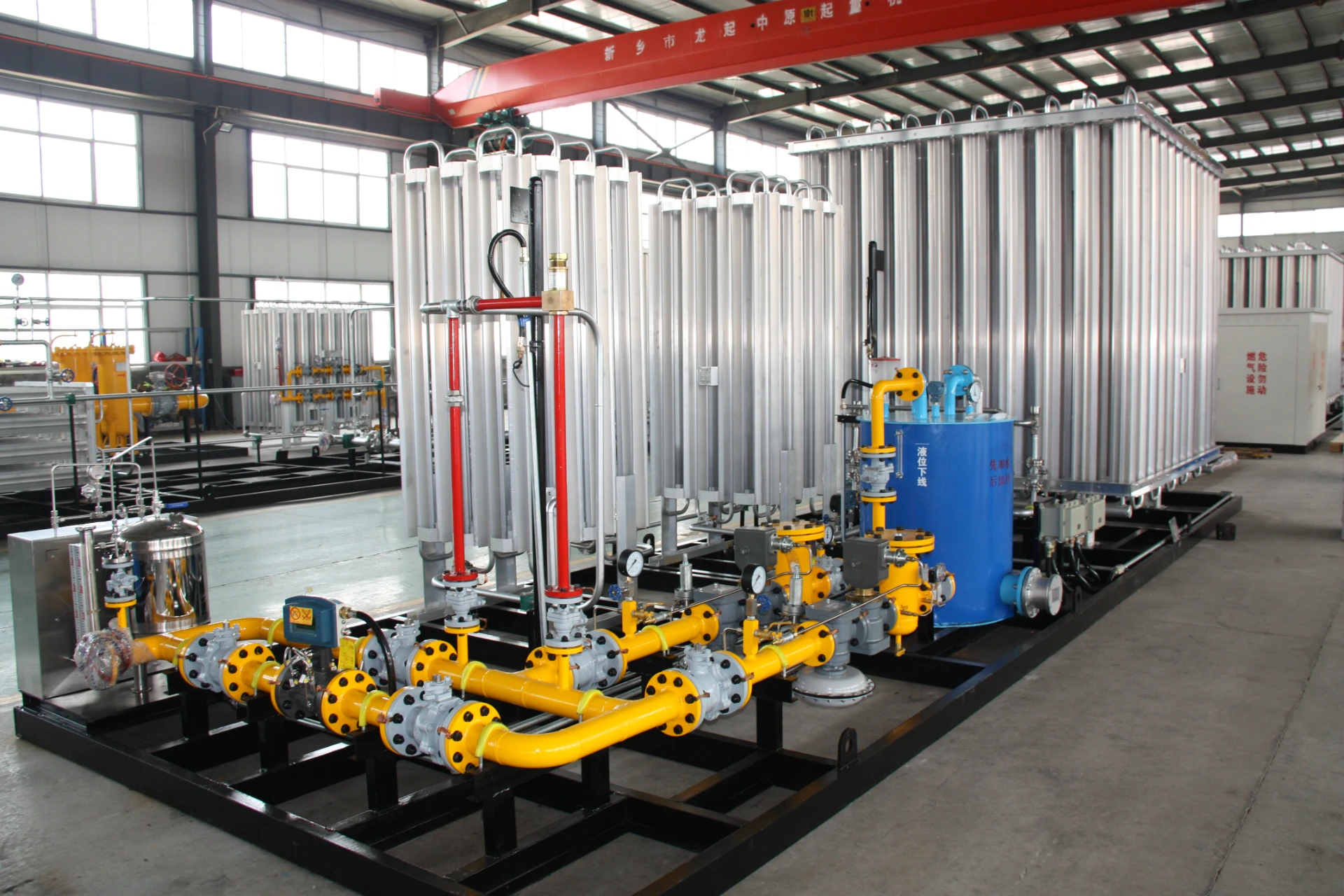
Nov . 20, 2024 03:59
Back to list
lng
Understanding LNG The Future of Energy
Liquefied Natural Gas (LNG) has emerged as a pivotal player in the global energy landscape. As countries worldwide seek cleaner energy sources and strive to reduce greenhouse gas emissions, LNG presents a viable alternative to traditional fossil fuels. Understanding LNG, its production, benefits, and challenges is crucial in grasping its role in the future of energy.
What is LNG?
LNG is natural gas that has been cooled to a liquid state, primarily for the purpose of storage and transportation. When cooled to approximately -162°C (-260°F), natural gas is condensed into a liquid that occupies just about 1/600th of its gaseous volume. This conversion allows for more efficient storage and transport, especially to regions where pipelines are not feasible. LNG is transported in specialized tankers, which maintain the low temperatures needed to keep the gas in its liquid state.
The Production Process
The production of LNG involves several stages. First, natural gas is extracted from underground reservoirs, often in conjunction with oil drilling. This gas undergoes processing to remove impurities and components such as water, carbon dioxide, and sulfur compounds. After purification, the gas is cooled in liquefaction plants where it is condensed into liquid form. The final phase involves transporting LNG via ships to regasification terminals, where it is converted back into gas for use in power generation, heating, and various industrial applications.
Benefits of LNG
1. Cleaner Burning Fuel Burning LNG results in lower carbon emissions compared to coal and oil. It produces significantly less sulfur dioxide and nitrogen oxides, making it a cleaner alternative that contributes to better air quality.
lng

2. Energy Security Countries can diversify their energy sources by importing LNG. This reduces dependence on domestic fossil fuel resources and enhances energy security, particularly for nations that lack sufficient natural gas reserves.
3. Flexibility LNG can be transported internationally, allowing for the supply of natural gas to regions that may not have pipeline connections. This flexibility is crucial in meeting fluctuating energy demands across the globe.
4. Economic Opportunities The growth of the LNG sector generates jobs, stimulates economic development, and can help stabilize energy prices through increased competition in the energy market.
Challenges
Despite its benefits, LNG faces challenges. The initial investment in LNG infrastructure, including liquefaction plants and transport vessels, is substantial. Additionally, fluctuations in global gas prices can affect the economic viability of LNG projects. Environmental concerns, particularly those related to methane emissions during extraction and transport, must also be addressed.
The Future of LNG
As countries transition towards a greener energy future, LNG is likely to play a significant role in the global energy mix. With ongoing advancements in technology and stricter emissions regulations, LNG presents a reliable and cleaner energy solution. Its ability to support renewable energy sources by providing backup power during periods of low renewable generation will be essential.
In conclusion, LNG is more than just a transitional fuel. Its unique characteristics and benefits position it as an integral part of the future energy landscape, helping to bridge the gap towards a more sustainable energy system. Embracing LNG responsibly and innovatively will be key to achieving global energy goals.
Next:
Latest news
-
Safety Valve Spring-Loaded Design Overpressure ProtectionNewsJul.25,2025
-
Precision Voltage Regulator AC5 Accuracy Grade PerformanceNewsJul.25,2025
-
Natural Gas Pressure Regulating Skid Industrial Pipeline ApplicationsNewsJul.25,2025
-
Natural Gas Filter Stainless Steel Mesh Element DesignNewsJul.25,2025
-
Gas Pressure Regulator Valve Direct-Acting Spring-Loaded DesignNewsJul.25,2025
-
Decompression Equipment Multi-Stage Heat Exchange System DesignNewsJul.25,2025

